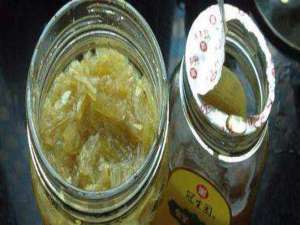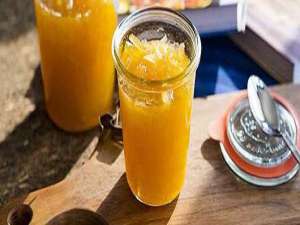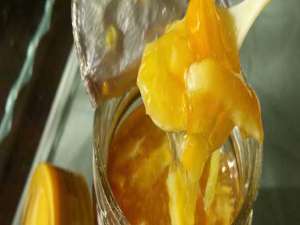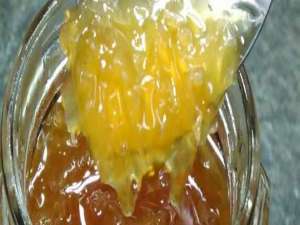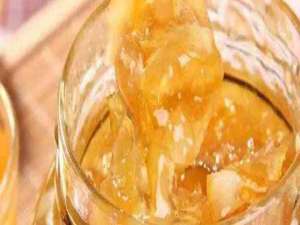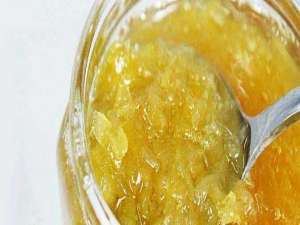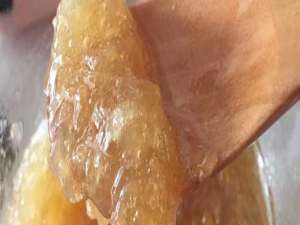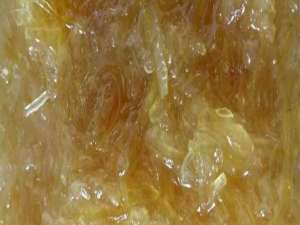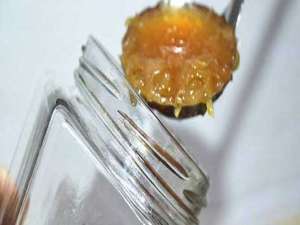今年的春节是几号呢英文

用英文来说春节是几号怎么说正月初一是春节怎么说
What\'s the day of the Spring Festival? The January 1 in lunar is the Spring Festival.
用英文来说春节是几号怎么说正月初一是春节怎么说
Have you ever wondered how to say \"What\'s the day of the Spring Festival?\" or \"The January 1 in lunar is the Spring Festival.\" in English? Well, look no further! Let\'s dive into the world of English expressions for the Chinese Spring Festival.
The Spring Festival, also known as Chinese New Year, is one of the most important traditional holidays in China. It is celebrated on the first day of the lunar calendar, which usually falls in January or February according to the Gregorian calendar. The exact date varies each year, as it is determined by the lunar cycle.
Now, let\'s take a closer look at some English expressions related to the Spring Festival:
1. \"What\'s the day of the Spring Festival?\" can be translated as \"When is the Spring Festival?\" or \"On which date does the Spring Festival fall?\"
2. \"The January 1 in lunar is the Spring Festival.\" can be translated as \"The first day of the lunar calendar is the Spring Festival.\" or \"The beginning of the lunar year marks the arrival of the Spring Festival.\"
These expressions not only help us communicate about the Spring Festival in English but also showcase the cultural significance of this holiday.
准时看春节联欢晚会,今年的春节联欢晚很精彩.大年初一老老...
Every year, people eagerly anticipate the Spring Festival Gala, which is a grand celebration of the Chinese New Year. On New Year\'s Eve, families gather together to have a traditional reunion dinner, known as the \"gathering dinner.\" It is a time for family members to reunite and enjoy a delicious feast.
After the dinner, it has become a tradition for many families to watch the Spring Festival Gala, a televised variety show that features performances, skits, and other entertaining segments. The Gala showcases the rich and diverse cultural heritage of China, with performances ranging from traditional music and dance to modern pop culture.
This year, the Spring Festival Gala promises to be even more spectacular. With captivating performances and special guests, it will definitely bring joy and excitement to people\'s homes. From acrobatics to comedic sketches, the Gala offers something for everyone.
So, make sure to mark your calendars and get ready for a night full of laughter, joy, and celebration as we welcome the Chinese New Year with open arms.
春节的日期用英语怎么? - Tony-墨阳老师 的回答 - 懂得
When it comes to expressing the date of the Spring Festival in English, we can say \"The date of the Spring Festival\" or simply \"The Spring Festival date.\" It\'s important to note that the Spring Festival follows the lunar calendar, which is different from the Gregorian calendar commonly used in English-speaking countries.
The lunar calendar is based on the cycles of the moon, and as a result, the date of the Spring Festival varies each year. It can fall anywhere between late January and mid-February, depending on the specific lunar year. Therefore, it is not possible to give an exact date in the Gregorian calendar without knowing the lunar year in question.
For example, if we want to refer to the upcoming Spring Festival, we can say \"The date of the Spring Festival this year is yet to be determined.\" This highlights the variability of the date and the necessity to consult the lunar calendar for accurate information.
Understanding and appreciating the cultural nuances of different holidays and their corresponding expressions in different languages is a fascinating way to connect with people from diverse backgrounds.
怎样用英语表示春节以及日期? - 懂得
1. The Spring Festival - this is the most common and straightforward way to express \"春节\" in English. The term \"Spring Festival\" captures the essence of this joyous celebration.
2. The date of the Spring Festival - to refer specifically to the date on which the Spring Festival falls, we can use this phrase. However, as mentioned before, the exact date varies each year in the lunar calendar.
It is interesting to note that the concept of the Spring Festival in Chinese culture is not unique. Many other Asian countries also celebrate the Lunar New Year, and they have their own ways of referring to it. In Korean, it is called \"Seollal,\" while in Vietnamese, it is known as \"Tết Nguyên Đán.\" This diversity reflects the rich cultural tapestry of the region.
So, whether you say \"The Spring Festival\" or \"The date of the Spring Festival,\" the important thing is to celebrate and cherish the traditions and customs that make this holiday so special.
问中国的新年是在什么时候(英语问句)?
If you\'re curious about when the Chinese New Year falls, you can ask the question, \"When is the Chinese New Year?\" This simple yet effective English question allows you to inquire about the date of this important holiday.
However, as we\'ve already mentioned, the exact date of the Chinese New Year, also known as the Spring Festival, changes each year according to the lunar calendar. It typically falls between late January and mid-February in the Gregorian calendar.
Embracing the Chinese New Year\'s cultural significance and understanding its temporal context in both the lunar and Gregorian calendars can enhance our appreciation for this festive occasion.
【春节在1月或2月的英文是什么】作业帮
The English translation for \"春节\" when it falls in January or February is \"The Spring Festival comes in January or February.\" This highlights the variability of the date and emphasizes the importance of consulting the lunar calendar to determine the specific date of each year\'s Spring Festival.
It\'s fascinating how the Spring Festival, being a lunar-based holiday, demonstrates the connections between nature, culture, and time. As the moon waxes and wanes, so do the dates of the Spring Festival. This ever-changing aspect of the holiday adds to its charm and allure.
So, keep an eye on both your Gregorian and lunar calendars to make sure you don\'t miss out on the excitement and joy of the Spring Festival!
英语翻译TheSpringFestival(春节)isourChinesepeople’sfest...
The Spring Festival (春节) is an exceptional celebration that holds great significance for the Chinese people. It is a time when families gather together, share festive meals, and exchange blessings for the upcoming year. Known by various names depending on the animal of the zodiac year, this year is the year of the rooster.
In the days leading up to the festival, there is a flurry of activities, including shopping for new clothes, cleaning the house, and decorating it with red lanterns and paper cutouts. These customs not only create a joyous atmosphere but also carry deep cultural symbolism.
During the Spring Festival, people enjoy various traditional activities, such as setting off fireworks, giving red envelopes with money, and performing lion and dragon dances. These traditions are believed to bring good luck, fortune, and ward off evil spirits.
The Spring Festival is a time to reconnect with family, honor ancestors, and reflect on the past year while looking forward to a prosperous future. It is a celebration filled with joy, unity, and hope.
(春节)isin____or____.Studentshavesummerholidayin____an...
When trying to express \"春节,\" we can say \"The Spring Festival is in January or February.\" This encapsulates the flexibility of the date based on the lunar calendar. Similarly, to convey the timing of the summer holiday, we can say \"Students have the summer holiday in July and August.\" These expressions capture the temporal context of two significant occasions in the Chinese calendar.
It\'s interesting to note the contrast between the Spring Festival and the summer holiday. While the Spring Festival marks the beginning of the lunar year and symbolizes renewal and rejuvenation, the summer holiday represents a time of rest and relaxation for students after a year of hard work and studies.
By understanding the temporal rhythms of different holidays and their significance, we can gain a deeper appreciation for the ebb and flow of time and the various experiences associated with each season.
英语翻译1、春节是中国的新年,通常在二月或一月.2、春节前人...
1. The Spring Festival is Chinese New Year. It usually falls in January or February. This translation acknowledges the cultural importance of the Spring Festival as a time of new beginnings and fresh starts for the Chinese people. While the specific date may vary, the celebration\'s significance remains constant.
2. A few days before the Spring Festival, people are busy shopping and cleaning. This sentence emphasizes the preparations that take place before the Spring Festival, highlighting the importance of cleanliness and tidiness during this auspicious time. It also highlights the significance of family gatherings and gift-giving during this festive period.
These translations depict the essence of the Spring Festival and provide valuable insights into the cultural customs and traditions associated with this joyous occasion.
...天的春节我这样度过.以上这篇短问请大家帮我翻译下,十分感激
Today is a big year 30, we want to greet the arrival of the new year. This afternoon, the grandmother stuck to the stove to prepare a sumptuous dinner for the whole family. The house was filled with mouth-watering aromas of braised pork, steamed fish, and dumplings. The whole family gathered around the dinner table, exchanging laughter and stories. It\'s a heartwarming scene that symbolizes family unity and the joy of the Spring Festival.
After dinner, we will gather in the living room to watch the Spring Festival Gala on TV. This annual extravaganza showcases various performances, from traditional Chinese dances to modern music and comedy sketches. The Gala has become an integral part of our Spring Festival celebration, bringing us together and putting a smile on our faces.
As the night deepens, we will light fireworks and firecrackers to chase away evil spirits and welcome good luck. The sky will be illuminated with colorful bursts of light, and the sounds of laughter and joy will fill the air.
This is how I will spend the Spring Festival. It\'s a time filled with love, happiness, and cherished memories. Wishing everyone a prosperous and joyful Spring Festival!





